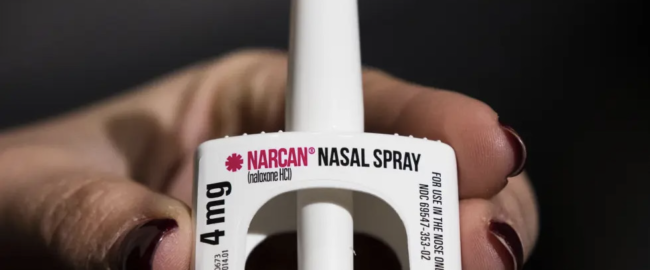New laws take effect covering public safety and consumer protections
Natalie Bailey
Contributing Writer

More than 200 new laws came into effect in the State of Oklahoma on Nov. 1, bills that were introduced during the last legislative session and signed by Gov. Kevin Stitt.
One law that was passed in the legislative term was HB 1546, which is also referred to as the Orange Alert System. The Orange Alert System was created to send an emergency alert to those who opt in when an inmate escapes prison. Each prison facility in the state has a special code that can be texted to the number 77295 and that will opt Oklahomans into receiving notifications and emergency alerts when a prisoner escapes from that facility.
Another law that went into effect is The Kasey Alert System, which developed a statewide alert system for adults between the age of 18 and 59 who appear to have been abducted. This alert system is named after Kasey Russell, a 29-year-old citizen of the Cherokee Nation who went missing while walking home from a Casino one night. This alert system expands upon the state’s Amber and Silver alert systems, which are used for missing children and adults over 60 who go missing.
Oklahoma drivers might notice a new law that went into effect, which allows drivers to renew their vehicle registration every two years instead of every year. Drivers can opt into this by either selecting to register their vehicle annually or biennially, or every two years. This new law does not apply to commercial vehicles and mobile homes.
In an effort to address the rise in opioid overdoses, The Department of Mental Health and Substance Abuse Services now must provide medication that can reverse an opioid overdose, such as Naloxone, to places like hospitals, county jails, and prisons. The department is also expected to create a program to help educate inmates at prisons in Oklahoma on preventing opioid overdoses. Oklahoma has decriminalized the possession of both Naloxone and Fentanyl testing strips, which could help detect the drug if it’s present in another drug or mixture.
To close technical loopholes for buying event tickets, SB 650 prohibits people in the State of Oklahoma from using or selling software to bypass security measures of a ticket seller’s website or sell tickets at an increased or inflated cost compared to the original cost of tickets. If someone is found selling tickets at an increased price, they could face charges under Oklahoma’s Consumer Protection Act.

